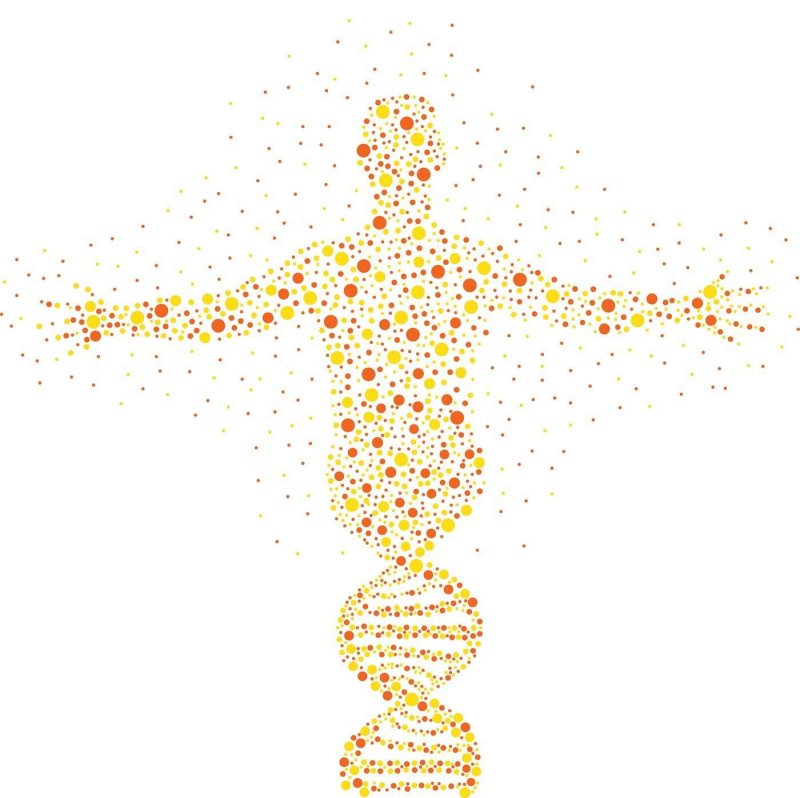[Editor’s note: Susan Erdman is a research scientist and assistant director of MIT’s Division of Comparative Medicine.]
Lately I’ve been wondering if microbes helped drive the bus…I’ve been studying the microbiome for more than 20 years…Several findings from our work make me think that microbes helping steer the evolution of humans isn’t such a far-fetched idea.
For starters, in our “glow of health” study, we fed to mice bacteria extracted from human breast milk. This dietary addition gave them thicker skin, more lustrous fur, and, in females, more acidic vaginal mucus. That change in mucus is correlated with increased fertility in mice — and in humans.
…
[Similarly], testosterone levels in mice soar after eating these bacteria. Such microbe-treated mice display larger testicles with higher sperm counts and also build extra muscle. The resulting “mouse swagger” would give these mice a competitive edge in combat and romance, letting them spread their genes and microbes more widely and for a longer time.…
Interestingly, mouse moms consuming probiotic bacteria from human breast milk actually take better care of their infants — and are less likely to eat them — compared with untreated mice or those eating other types of diets. Following this line of reasoning, the bacteria help make more mice and thus more future microbe hosts.
The GLP aggregated and excerpted this blog/article to reflect the diversity of news, opinion, and analysis. Read full, original post: Did the microbiome help drive human evolution?































